What is the USMCA?
Set to replace the long-standing and historic NAFTA (North American Free Trade Agreement), the USMCA (United States, Mexico and Canada Agreement) is a new trade agreement with the goal to facilitate easier trade. Many changes are ordered to affect various industries such as dairy, auto and even cosmetics. It aims to add ease to North American manufacturing and trade through unification of the strategies employed by each party and a better sense of communication. The agreement takes from several concepts of the TPP (trans pacific partnership) for a trade agreement that looks to cover a variety of industries and unify their regulations and standardize their processes. Still a long road ahead, this year-long negotiated trade deal has finally come to fruition, but the deal still requires the signature of the leaders of all three counties. The final agreement is expected to be signed before November, as a result of the upcoming end of term of the Mexican president Peña Nieto.
How does the USMCA affect cosmetics, drugs and NHPs?
Particularly pertaining to cosmetics, the USMCA has a dedicated section referred to as the cosmetic annex. This annex replicates the cosmetics annex previously seen in the TPP agreement. However with the withdrawal of the United States from the TPP in 2017 under the Trump administration, the joint efforts of the TPP cosmetics annex were soon lost, seemingly resulting in a foreseeable long-term loss of unity among trade within North America. With the introduction of the USMCA, the US is now included with the same goal of harmonizing at least some regulations as was previously seen in the cosmetics annex of the TPP. Some key benefits to the cosmetics and related industries can be seen outlined below:
- Recognized focus to unified INCI labelling between the three countries
- Recognition of the interface between different products between US and Canada (ie. Cosmetic vs. Drug vs. NHP)
- Elimination of quarantine and retesting of imported products at the US.-Canada border
- Discussion on aligning of labeling requirements for OTC products and products at the cosmetic/drug interface
With the inclusion of the cosmetics annex, it can be hoped that the facilitation of trade of cosmetics products will be eased and many manufacturers will save on costs in a variety of areas such as labelling and manufacturing. With the introduction of this annex it is proposed that the manufacturing standards for cosmetics and other products be harmonized. Additionally, the goal of unity between these countries is established as a primary goal. Previously the countries merely recognized their regulatory differences, however with the USMCA, harmony of regulations is the goal. The inclusion of the cosmetics annex and other detailed sections for similar categories of products is no doubt going to have a positive impact on the trading partners within the 16-year term.
What other industries experience changes under the USMCA?
Other notable changes under the USMCA include several other industries. With the commencement of this new trade agreement the US will gain new access to the Canadian dairy market, a long-standing area of concern for the Trump administration. Another long-standing concern, the auto industry, has also been addressed. To promote the manufacture of automobiles within North America and further strengthen the manufacturing industry, the required percentage of automobile components manufactured in North America for the qualification of zero tariffs has been changed from the previously outlined 62.5% in NAFTA to 75%. Another remarkable change to the auto industry, the USMCA sets to further align the manufacturing industry standards with that of California and US by requiring that the wage of auto workers manufacturing the parts be at least 16$ an hour. Intellectual property will also receive a greater length of protection with copyright extending from 50 years to 70 years post-death of the author. This will also affect drug companies in that generics will have to wait a longer period of time before entering the marketplace with comparable products.
For more information, please contact Focal Point Research Inc. We are leading North American Regulatory and New Product Consultants for Medical Devices, Natural Health Products, OTC Drugs, Cosmetics, and other consumer products regulated by Health Canada and the U.S. FDA.

Recent Comments